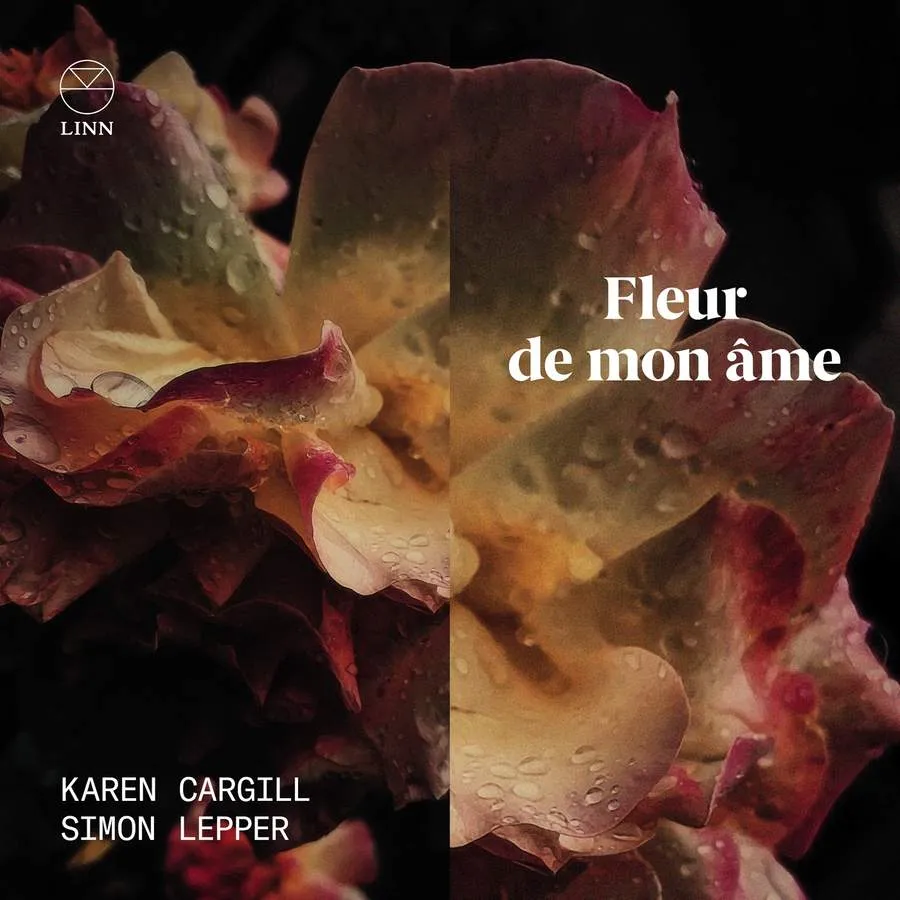
Fleur de mon âme Debussy: Trois chansons de Bilitis; plus songs by Chausson, Duparc, Hahn and Jongen Karen Cargill (mezzo-soprano); Royal Scottish National Orchestra Soloists; Simon Lepper (piano) Linn Records CKD 652 59:43 mins
The good points first. Below D" (or D2) and mezzo forte, Karen Cargill’s vibrato is acceptable, while Simon Lepper’s technique is generally secure. But thereafter I’m afraid Beckmesser kicks in. The French mélodie, like the German Lied, lives or dies by treatment of the words, and Cargill’s grasp of these is uneasy, to say the least. Vowels are a particular problem: in Hahn’s ‘L’Enamorée’ the ‘o’ in ‘adore’ is not recognisable as such, likewise the second ‘a’ in ‘naïades’ in the third Chanson de Bilitis. Consonants overall need to be sharper: in the second song of that cycle the crucial phrase ‘il m’a dit’ goes for nothing unless we hear the ‘d’ loud and clear, and elsewhere internal and final ‘r’s (‘parfumé’, ‘dort’) go missing. As for her vibrato in the higher reaches, I would rather not comment.
Lepper too reaps his share of scratches. In the opening bars of Hahn’s Infidélité, the right-hand A flats at the top of the piano chords are drowned here by F’s, so that the singer’s opening F’s are robbed of their surprise, and in the first Chanson de Bilitis the regular rhythm of the frogs’ croaking is misinterpreted. In Chausson’s Sérénade italienne there is serious overpedalling in bars nine-15, while the magical 5/4 metre of Le Colibri is not helped by intrusive rubato from the start. And as a last contribution from my slate, I was shocked that the pianist should ignore the wonderful nine-bar diminuendo at the end of Phidylé. Hélas…
Roger Nichols
